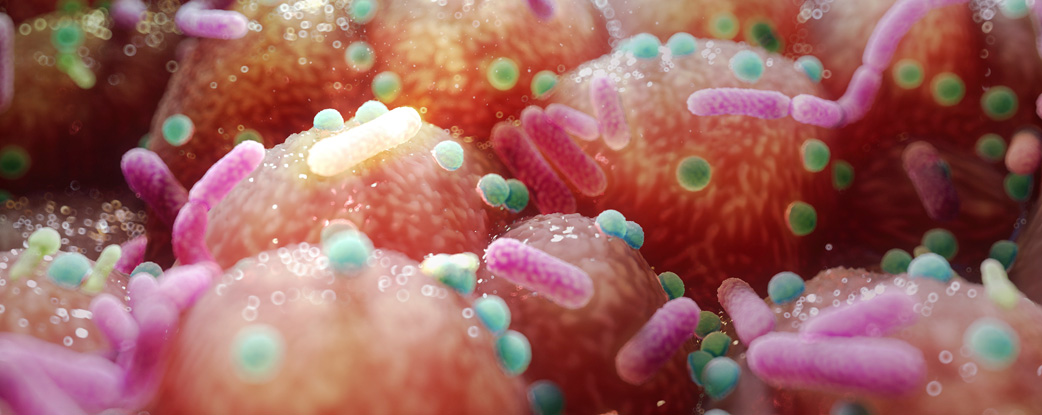In October, an article was published that described a new discovery in regards to the connection between inflammatory bowel disease and colorectal cancer.. Scientist have already noticed that those with IBD are at a significantly higher risk for developing colorectal cancer. They have even discovered a couple disease causing factors including E. coli, but wanted to learn more. So the researchers analyzed over a hundred gut bacteria from patients with IBD and filtered out any that caused DNA damaged. From these, they found a bacteria that was not one of the previously discovered. They named these indolimines. When tested in mice, indolimines not only damaged DNA, but promoted tumor growth. When researchers blocked or inhibited indolimines in mice, they were able to suppress tumor growth.
This discovery adds not only other potential link between these two diseases, but also suggests possible mechanisms for treatments. By finding more DNA damaging gut bacteria, doctors and scientists could eventually start to screen patients for these in order to better understand their risk for colorectal cancer. However, the article also mentions how there is a lot of intermediate steps that need to be taken because the gut biomes of humans are far more complex than those of mice. As a result, we might not find the same effects. More research and trials have to be done, but it is still an exciting discovery.
The expansiveness and complexity of genetics is very fascinating to me. Here there are so many different bacteria and other factors that could link IBD and colorectal cancer - and these are just the ones found so far. However, from a humanity perspective it kind of sucks because it makes treatment and possibly cures very difficult to design since everyone's diseases may be caused by different pathways.

Interesting how with the steps they are taking to help combat some of theses diseases/cancers but it will probably take a while until it can actually put in use in humans.
ReplyDelete